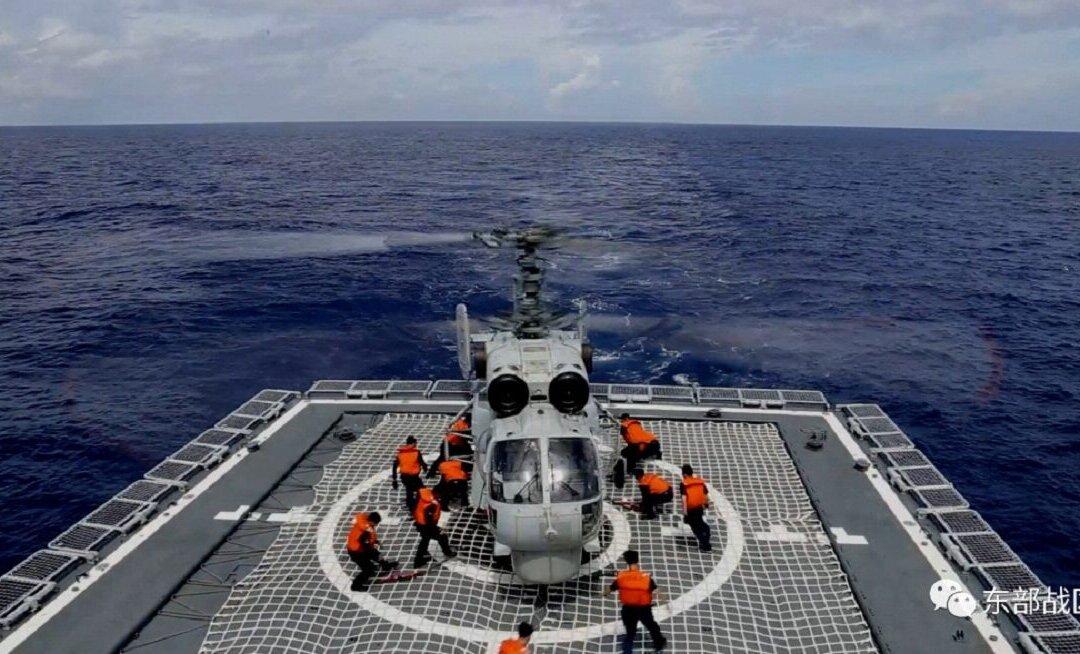As parliamentarians announce plans to visit Taiwan this fall, dozens of Canada-based groups known for their pro-Beijing positions are voicing support for communist China’s threat to take control over the self-ruled island.
Liberal MP Judy Sgro announced last month that members of a parliamentary committee are planning a trip to Taiwan, which came after U.S. House Speaker Nancy Pelosi made a stop at the island in early August during her Asia tour.





